Understanding Health Savings Accounts
Health Savings Accounts (HSAs): A Comprehensive Overview
Health Savings Accounts (or more commonly referred to as “HSAs”) were established through the Medicare Prescription Drug, Improvement, and Modernization Act of 2003. Since then, over the past 21 years, HSAs have become a crucial tool for managing the ever-increasing costs related to the United States’ healthcare landscape. Designed to complement high-deductible health plans, these accounts allow individuals a means to maximize their savings for future medical expenses while minimizing their tax burden. This article will focus on the eligibility requirements, the contribution limits, and the unique “triple-tax advantage” of HSAs.
Eligibility Requirements
In order to qualify to contribute to a Health Savings Account, folks must be enrolled in what’s known as a high-deductible health plan (often abbreviated as “HDHP”). HDHPs are a type of medical plan characterized by having lower premiums and higher deductibles. Specifically for tax year 2024, a medical plan constitutes a HDHP if it meets two specific criteria. Firstly, it must have a minimum deductible of $1,600 for individual coverage (or $3,200 for family coverage). Secondly, it must have an out-of-pocket maximum of $8,050 for individual coverage (or $16,100 for family coverage). It’s also important to note that HSAs are not available to those who are enrolled in Medicare or those claimed as a dependent on someone else’s tax return.
Contribution Limits
The HSA contribution limits have evolved over the years – reflecting both changes in the healthcare industry and inflation. For tax year 2024, individuals can contribute $4,150 to their HSA while families can contribute $8,300. Further, if the account holder is aged 55 or older, they can make an additional “catch-up” contribution of $1,000. This increases the total annual HSA contribution limit to $5,150 for individuals and $9,300 for families.
Very often, employers will make an annual contribution to their HSA-eligible employees’ accounts. It’s important to note that the contribution limits discussed above are overall contribution limits. This means that the employer and employee contributions must cumulatively remain less than the applicable contribution limit. Otherwise, the employee will be responsible for withdrawing excess contributions from their account. If excess contributions are not withdrawn, a 6% excise tax will apply.
The Triple-Tax Advantage
HSAs offer a distinctive “triple-tax advantage” benefit structure that cannot be overlooked. It includes the following:
- Tax Deductible Contributions: Contributions to an HSA are tax-deductible, reducing participants’ taxable income for the year in which the contribution is made. When funds are contributed via payroll, this often occurs on a pre-tax basis (immediately shielding the contributions from taxation). When funds are contributed from a bank account, this often occurs on an after-tax basis (granting a deduction to be taken on their tax return). In either scenario, the contributions yield a noteworthy, current-year tax savings.
- Tax-Free Growth: The funds in an HSA grow tax-free. Whether contributions are invested in stocks, bonds, mutual funds, or retained in cash, the earnings generated are not subject to federal income tax.
- Tax-Free Withdrawals: Withdrawals from an HSA used for qualified, unreimbursed medical/dental expenses are tax-free. This means that when funds are used toward eligible healthcare costs, a tax liability is not incurred. Conversely, funds that are withdrawn for non-healthcare-related costs are subject to income tax and a 20% penalty. The 20% penalty is waived for those who are 65 years old or disabled at the time of the withdrawal. So, in many respects, once folks are 65 years old, the HSA functions very similarly to a traditional IRA. Distributions used toward non-healthcare-related costs are subject to income tax (like distributions taken from a taxable retirement account).
There are also a number of non-tax-related benefits of contributing to an HSA. Firstly, the funds do not expire (i.e., they do not have a “use-it-or-lose-it” provision). The money stays in an individual’s Health Savings Account year-after-year until it is used. Secondly, an HSA is not forfeited if an account holder switches employers or retires. Lastly, the funds are incredibly easy to access. Most HSA administrators provide account holders with a debit card or checkbook that pulls funds directly from their Health Savings Account as expenses are paid.
In conclusion, as Americans’ healthcare costs continue to rise, HSAs provide a strategic way to manage these expenses while benefiting from significant tax advantages. They are one of the most tax-favored accounts in existence. Understanding the eligibility requirements, the contribution limits, and the associated triple-tax advantage can help individuals make informed decisions about incorporating them into their financial plan. With the right approach, HSAs can be a valuable asset in securing long-term health and financial well-being.
Should you have additional questions, please contact Jeff Audi via e-mail at [email protected].









